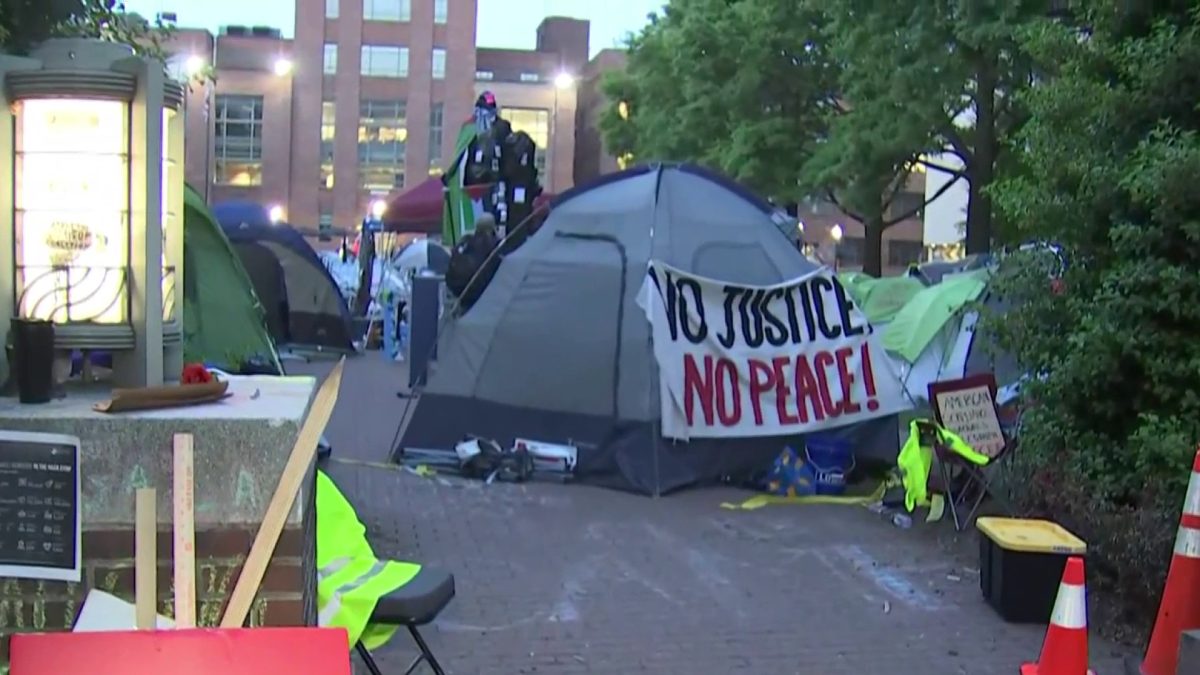Within the next 12 months, calling 911 in the District won’t guarantee an ambulance will show up at your door -- if a new proposal from the D.C.’s fire chief is approved.
Chief Gregory Dean is recommending changes to 911 protocols and wants to extend the contract with a private ambulance service for up to five more years.
Dean said he’s developing a plan for Mayor Muriel Bowser to present to the D.C. Council that would make drastic changes to the way D.C.'s 911 operations handle medical calls.
Currently, if someone calls 911 and says they have a medical need of any kind, D.C. Fire and EMS will respond with either a fire truck or ambulance. Firefighters call it the “You call, we haul” policy. Dean believes that policy has to change.
“There will be no more automatic 'you call we haul,'” Dean tells News4. “We will triage the call to determine the right resource to send to you.”
Dean said the triage will be done over the phone by a nurse at the 911 call center.
“The nurse says okay, what’s the problem? We know there are about 16 walk-in facilities throughout the District as well as hospitals and we’ll make a determination how can the person get there.” Dean said.
Local
Washington, D.C., Maryland and Virginia local news, events and information
Dean said just how the patient will get to the clinic or hospital hasn’t been determined. In an interview with News4 in July, Dean said the District was considering contracting with a taxi cab or Uber service. Dean stepped back from that today.
“You’re not going to get me to say that a second time in a row,” Dean said with a laugh. “What you’ll hear me say is we are going to look at alternative ways to get people to the right type of treatment they need versus just grabbing them and taking them to the emergency room and stacking up the emergency room.”
Dean would not say exactly what that alternative transport would be, but he said it won’t be an ambulance.
“We’re going to be concentrating on alternative modes of transportation. People will still call 911, and we have a lot of education to do on 911, but when they call 911 we will send them the right and appropriate resource, versus us with red lights and sirens,” Dean said.
Dean told News4 the District's contract with private ambulance service AMR is working and he wants to keep it. Dean has signed a one-year contract with AMR that has an extension clause.
“We’ve singed a contract with AMR with four option years. Cost of that contract will be right around 12 million dollars a year,” Dean said.
Dean points to increased training for Fire and EMS staff as well as increased maintenance for the ambulance fleet.
“Prior to AMR, we were finding ourselves with five or less ambulances on a regular basis and our ability to recover wasn’t there. Now, we’re finding ourselves with 10 or more ambulances and our ability to recover has increased tremendously.” Dean said. “We’re seeing a 37 percent improvement in our training, we’ve gone from 11,000 hours to over 24,000 hours.”
And Dean said response times have improved, “In 2015, we were having transport unit response times around eight minutes and 11 seconds. In 2016, we’re seeing transport ambulances response times around six minutes 46 seconds.”
Dean acknowledges that he’s still having to pay overtime to about 250 paramedics for their additional training, but says the majority of his staff are receiving training during their scheduled shifts.
The new contract, which needs to be approved by the D.C. Council, would ease the response times requirements, according to Dean. Under the current contract, AMR faces monetary penalties if they fail to arrive on scene within 10 minutes on 90 percent of all calls - a benchmark AMR has, so far, failed to meet.
The new contract still requires a 10 minute response time 90 percent of all calls, but only between Nov. 1 and April 30. The rest of the year, from May 1 to Nov. 1, AMR would have to arrive in 10 minutes 80 percent of the time. In addition, the clock on response time the entire year won’t begin running until 90 seconds after the call to AMR is made.
Dean said the AMR contract is working, but the metrics by which performance was measured wasn’t realistic because it was based on old data. Dean said the new contract metrics are based on actual call data.
“We’ve seen a 24 percent increase in call volumes from 2013 to 2016….for medical calls, we’re up to about 170,000 medical calls in 2016,” Dean says.



